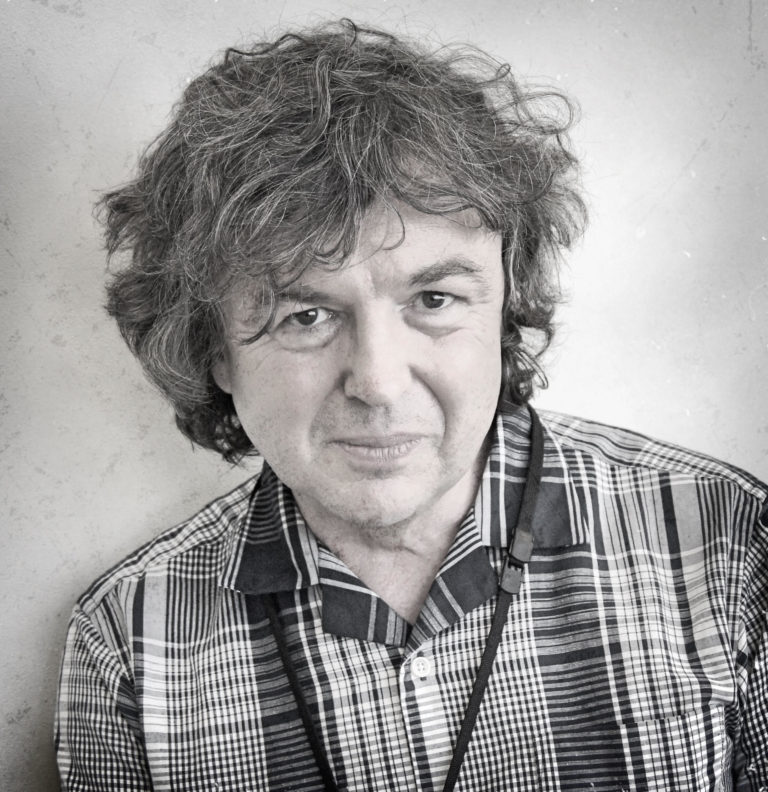Keynote: “Enduring Disparities in Knowledge Recognition and Allocation of Prestige in Anthropology”
Abstract
The question of hierarchies of knowledge has long been debated in anthropology. The World Anthropology Movement and the World Council of Anthropological Associations, among others, have helped to raise awareness of structural inequalities in knowledge production and the resulting distribution of academic prestige. Despite these efforts, the discipline, which claims to be highly critical of inequalities and discriminatory practices, reproduces inequalities within itself. To ground the argument empirically, I will draw on three sets of data that illustrate disparities in the recognition of the quality of knowledge produced by scholars working in different academic settings. The first is the citation ranking of journals; the second is the distribution of European Research Council grants; and the third is the distribution of prestige in anthropology. The conclusion is rather pessimistic. After decades of struggle for the establishment of world anthropologies in which there is a multidirectional flow of ideas and in which there is pluriversality of knowledge, a hierarchical order is being reproduced that privileges certain centres of production of disciplinary wisdom.
Program
17:00 Welcome by HOAN convenors, Hande Birkalan-Gedik, Katja Geisenhainer, Udo Mischek and Marko Pišev
17:05 New co-conveners introduce themselves
17:15 Keynote speaker: Michał Buchowski, Adam Mickiewicz University in Poznan, School of Humanities, Department of Social Anthropology Enduring Disparities in Knowledge Recognition and Allocation of Prestige in Anthropology
17:45 Open forum for questions and comments
18:00 Book presentation. Prof. Roman Loimeier, Institut für Ethnologie, Georg- August- Universität Göttingen Ethnologie. Biographie einer Kulturwissenschaft. Berlin: Reimer 2021. For further information: https://www.uni-goettingen.de/de/prof.+dr.+roman+loimeier/123856.html
18:10 Upcoming conferences: The 9th APA Conference Itinerancies, 15-18 July 2025, Viana do Castelo (Portugal); 14 July 2025, online. Frederico Delgado Rosa, Vice President of APA, on behalf of the Portuguese Anthropological Association.
18:15 Upcoming conferences: Exploring the Ethnographic Archive: Early Ethnographers in the Long Nineteenth Century, Online Conference, 5-6 December 2024. Han Vermeulen on behalf of the Early Ethnographers Project research team.
18:20 Open forum for questions and comments
18:30 Closing and farewell words by HOAN convenors
